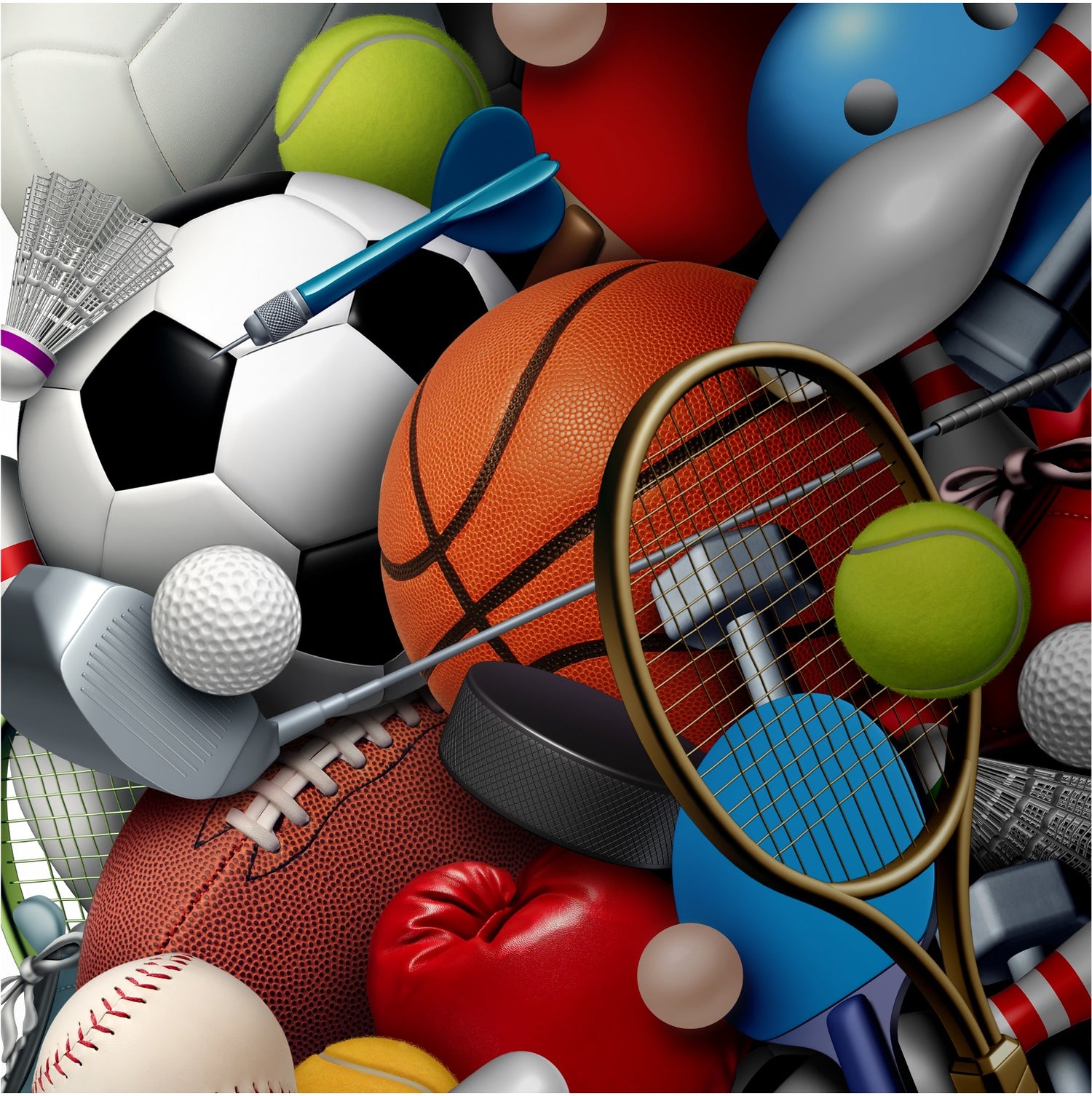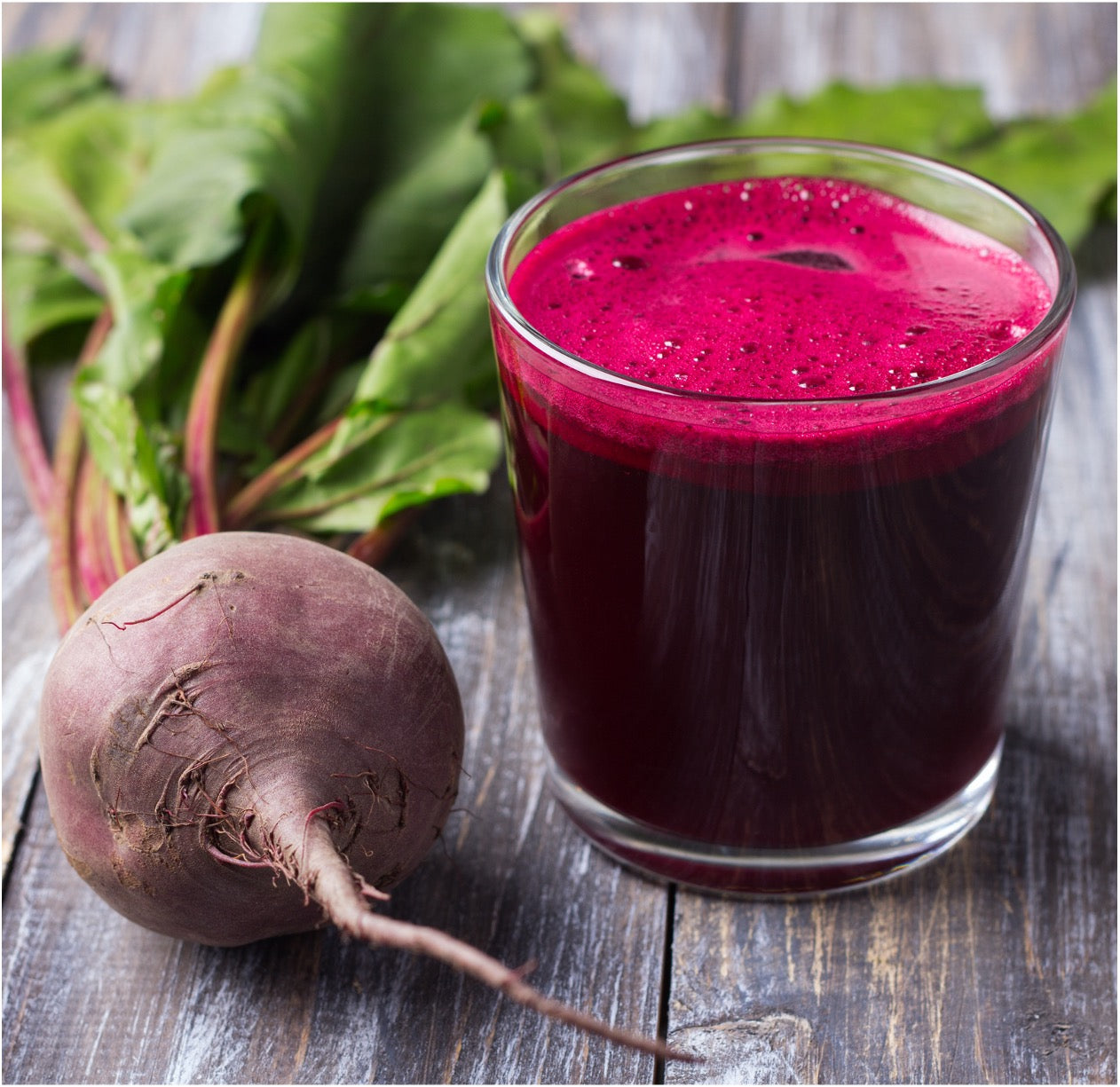Team sports and sports nutrition
Team sports place special demands on sports nutrition due to their intermittent high intensity and varied competition schedules. Below are some important nutritional aspects for team athletes:
1. Carbohydrate requirements
Carbohydrates are crucial for supplying energy during high-intensity activities in team sports:
- Carbohydrates should make up 45-65% of the total calorie intake for young athletes.
- Carbohydrates are the main fuel source, providing glucose for energy and replenishing muscle glycogen stores.
- Athletes need to consume carbohydrates before, during and after activity to maintain their performance.
2. Fluid requirements
Proper hydration is crucial for team athletes:
- Fluids should be consumed before, during and after exercise to prevent dehydration.
- Athletes should drink 5-10 ounces of fluid every 15-20 minutes during activity.
- Sports drinks may be beneficial to replenish electrolytes during activities lasting longer than 60-90 minutes.
3. Protein for regeneration
Protein plays a key role in muscle repair and recovery:
- Young athletes need 10-30% of calories from protein
- High-quality proteins such as lean meat, milk and eggs support the maintenance and repair of muscles.
- Proteins should be consumed within 30 minutes after training to optimize recovery.
4. Timing of food intake
Strategic timing of nutrition is important for team sports:
- Pre-activity meals should be consumed 3-4 hours before training.
- Snacks can be consumed 1-2 hours before the activity.
- Recovery food should be consumed within 30 minutes and again 1-2 hours after training.
5. Adaptation to the competition schedule
Team athletes must adapt their diet to the different competition schedules:
- Weekly games require different strategies than tournaments with multiple games per day.
- Recovery nutrition becomes crucial when there are only 1-3 days between games.
- Individual nutrition plans should take into account the activity patterns and sport-specific requirements of each athlete.
By addressing these specific nutritional needs, team athletes can optimize their performance, improve recovery between training sessions and competitions, and promote their overall health and athletic development.
Quotes:
[1] Olivia Morgan: Sports and Nutrition: What Athletes Need to Know, Mass General Brigham: https://www.massgeneralbrigham.org/en/about/newsroom/articles/sports-and-nutrition
[2] Adam Amawi et al.: Athletes' nutritional demands: a narrative review of nutritional requirements https://www.ncbi.nlm.nih.gov/pmc/articles/PMC10848936/
[3] SHN Staff: Nutrition and hydration for team sport athletes, Sanford Health: https://news.sanfordhealth.org/sports-medicine/nutrition-hydration-team-sport-athletes/
[4] Better Health: Sporting and performance food: https://www.betterhealth.vic.gov.au/health/healthyliving/sporting-performance-and-food
[5] Laura K Purcell Sport nutrition for young athletes https://www.ncbi.nlm.nih.gov/pmc/articles/PMC3805623/
[6] Inigo Mujika, Louise M Burke: Nutrition in team sports https://pubmed.ncbi.nlm.nih.gov/21346334/
[7] Inigo Mujika, Louise M Burke: Nutrition in team sports https://karger.com/anm/article/57/Suppl.%202/26/40000/Nutrition-in-Team-Sports
[8] UCSF Health: Winning Sports Nutrition https://www.ucsfhealth.org/education/winning-sports-nutrition















Leave a comment
All comments are moderated before being published.
This site is protected by hCaptcha and the hCaptcha Privacy Policy and Terms of Service apply.